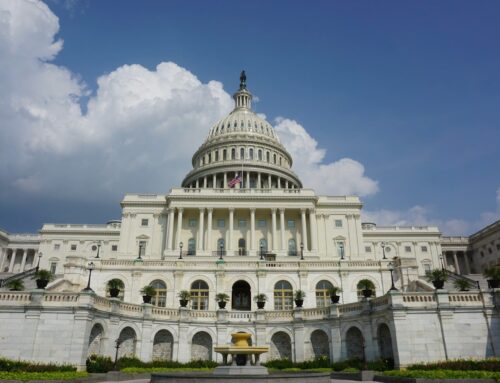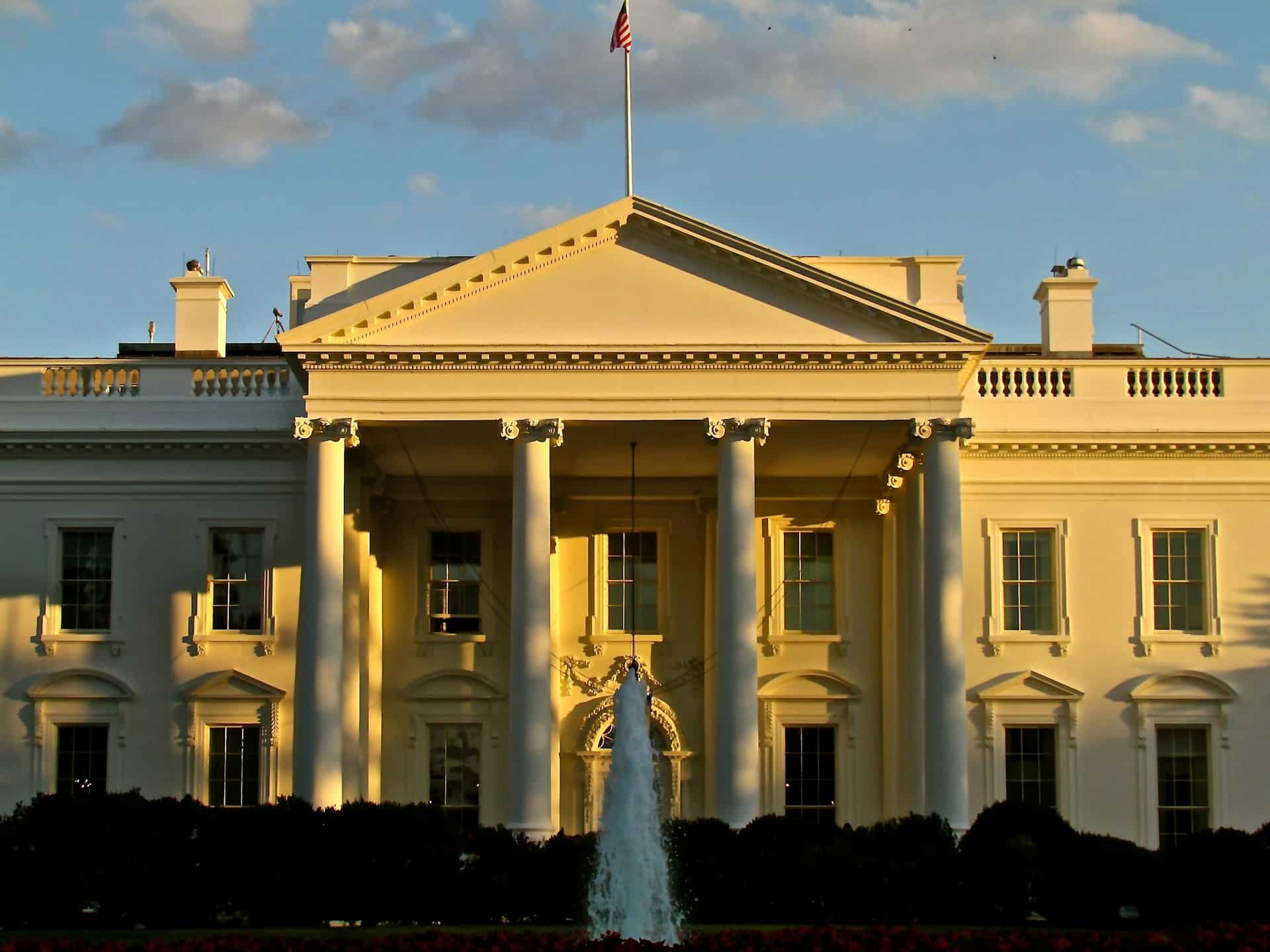As joyous as Thanksgiving can be, some dishes just don’t belong on the menu, and we’re here to tell you why. From emergency stuffing in the Pentagon budget, to WHIP’ed potatoes in the disaster supplemental, to the oil and gas industry’s CCS gravy train, we’re hoping policymakers realize they don’t have to take some of everything. At the same time, we’re thankful for the bonds that tie us together, and for the new and improved bonding requirements facing the oil and gas industry.
‘Emergency’ Stuffing
We’ve talked about this recently, but like your angry uncle, we won’t shy away from repeating ourselves in increasingly emphatic tones. As Congress works to pass the National Defense Authorization Act (NDAA) before the end of the year, the Pentagon’s topline is top of mind—the Senate’s version ignores budget caps by authorizing $25 billion above the President’s budget request, while the House version adheres to the caps. But in order to exercise this spending authority without breaking the caps, appropriators are eyeing a laundry list of “emergency” appropriations that are largely just routine investments masquerading as emergencies. Take, for example, nearly $3 billion in program increases for Research, Development, Test and Evaluation (RDT&E) projects—including a $500 million increase for the Navy’s next generation fighter, which won’t enter service until the 2030s. Or $650 million for what must be exceedingly urgent “miscellaneous equipment” in a National Guard slush fund. Specifics aside, emergency appropriations belong in emergency supplementals that can be considered on their own merits, not stuffed into base budget bills like the amalgamation of bread, butter, and weird vegetables that we shove into turkeys every Fall.
WHIP’ed Potatoes
But even emergency supplementals can go from satisfying a need to causing a stomachache if they sit around too long. Such appears to be the case with a portion of the President’s most recent $98.6 billion request. While much of the proposed spending menu meets the definition of emergency, the $21 billion “assistance to farmers and ranchers” portion smells off. Not simply because it swelled from $2.83 billion in October 2023 to $21 billion this year. But because most funds would be doled out through the Emergency Relief Program (ERP 2024), a “temporary” program cooked up not by Congress, but the Secretary of Agriculture. But we’ve seen this dish before. ERP was “temporarily” created to cover losses in 2022. That was a rehash of ERP 2020/2021, which was actually a re-serving of the Wildfire and Hurricane Indemnity Program (WHIP) and WHIP++ from 2017 and 2019. Farm Bill authors at an impasse, unable to come up with spending cuts to offset their farm subsidy increases. Resorting to a seven-years running temporary “emergency” program to avoid the tough decisions risks saddling taxpayers with legislative salmonella.
CCS Gravy Train
Carbon capture and storage (CCS) is a technology that captures carbon from carbon-emitting facilities—or, less often, ambient air—and store it underground in rock formations for sequestration or injecting it into depleted oil and gas wells for enhanced oil recovery (EOR). In the U.S., most captured carbon is used for EOR, a technique that has been employed by the oil and gas industry for over half a century to boost oil production from existing wells. With lucrative tax credits and other subsidies for CCS such as Department of Energy awards and loan guarantees, oil and gas companies are winning big this year, raking in the gravy train just for trying to make more profit!
Thanks for Clearing the Dishes
Imagine a Thanksgiving Dinner where you bought all the food—and, in this hypothetical, your dinner guests even repackaged and sold your food for profit—but then stuck you with dish duty? For too long, that was how our federal onshore oil and gas leasing system functioned. Oil and gas companies could profit from the development of taxpayer-owned oil and natural gas and then, when drilling was done, leave taxpayers to shoulder the clean-up costs of plugging orphaned wells and reclaiming the surrounding federal land. We are thankful this year that the Department of Interior passed a new rule with updates to long-outdated bonding requirements—the money companies are required to pay up front to ensure they will clean up after they are done drilling. Prior to reforms implemented this year, the required bond amounts had not changed for 60 years and failed to cover the full cost of cleanup, an average of $71,000 per well, which meant taxpayers were forced to pay up.
Thanks for Joining Us
Most of all, we’re thankful for taxpayers like you. You’ve been with us through thick and thin gravy, through good turkeys and bad, through continuing resolutions and budgets arriving later than your latest guests. While there’s always something on the table we’re concerned about, we’re genuinely grateful for this community of like-minded people who come together year after year seeking common sense in the federal budget. Thank you for joining us.











Get Social